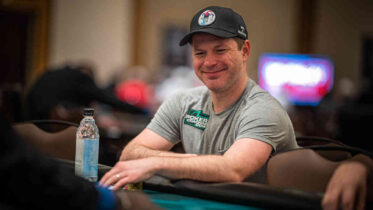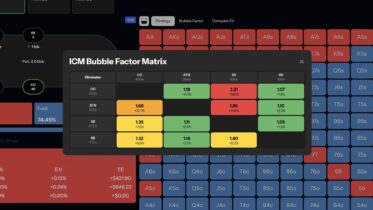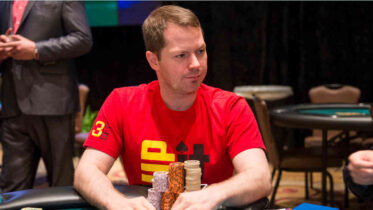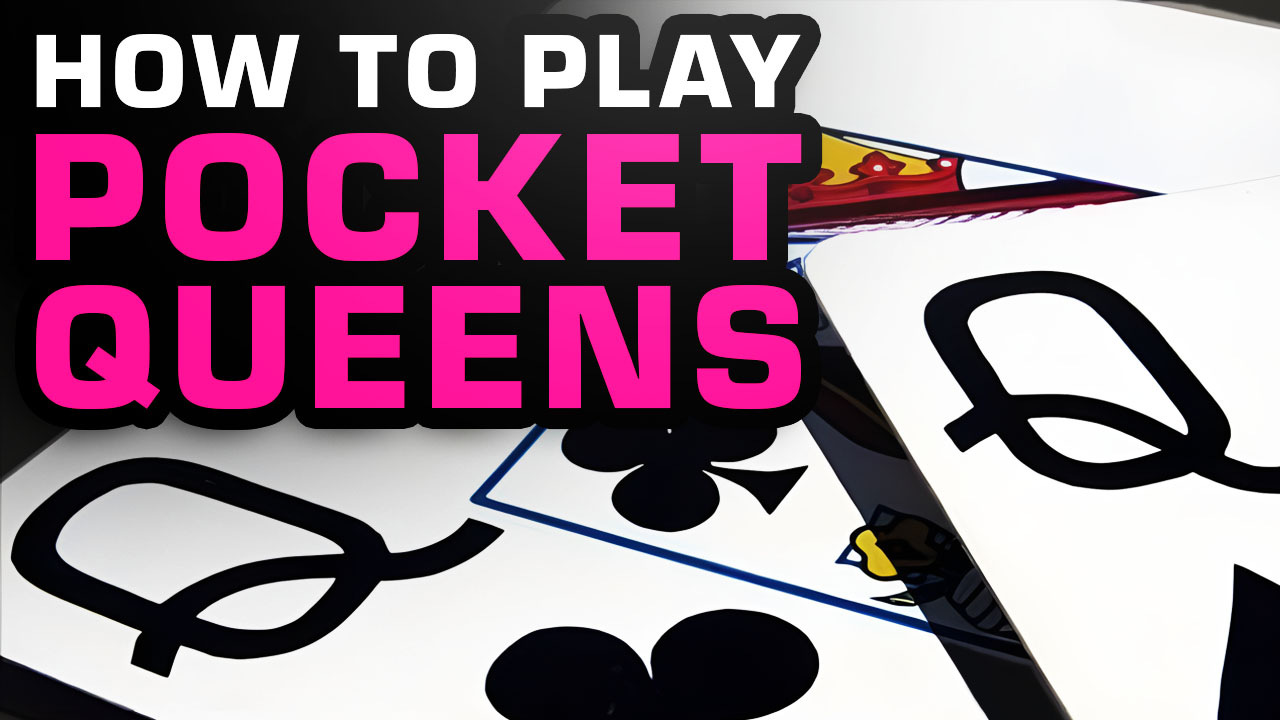Being a poker pro can be very exciting and very fulfilling; if you go about it the right way. When you go pro, it’s no longer a game; it’s your job, so you have to be willing to work long hours and study the same way you would if you were in college. Going pro is also about having the right mental fortitude. Emotional swings are part of the game, so having realistic expectations is key to helping you overcome downswings.
Difficulties Of “Going Pro”
For those of you that think going pro means you’ll be living like a rockstar; reality check, that’s not the case. Playing Texas Hold’em for a living does have some rockstar flare to it, but like any job, it has its challenges too.
Consumed By The Game
Probably, the biggest rookie mistake is getting consumed by the game right away and forgetting about everything else. It’s all poker, all the time. The only problem with this mindset is when you hit a downswing, you’ve invested all your eggs in one basket, so how are you going to get through the inevitable lull?
Maintain Other Interests And Hobbies
Maintaining other interests and hobbies will help give your life balance, so when your game isn’t going well, you have your other interests to see you through the rough patch. Otherwise, you’re flirting with disaster. Having other outlets is vital for maintaining happiness and avoiding the side-effects of downswings, like depression.
Financial Instability
Unlike a real job, with poker, you can go to the office and lose money. There is no guaranteed paycheck at the end of the week. It’s that lack of certainty that can cause fear, insecurity or bouts of depression in hopeful pros.
Maintain Another Source Of Income
Don’t quit your day job. Your best bet is to excel at part-time professional poker first so you can prove to yourself over hundreds of thousands of hands that you’re ready to go pro full-time. Besides, having a nine-to-five will take the pressure off you financially for less stress, so you can play better poker. And, don’t forget your poker earnings mean more money in your pocket.
Be Responsible: Keep Track Of Expenses
There is a lot of variance to poker paychecks, so it’s harder to plan around it. Your bankroll has to cover your day-to-day expenses, figure out how much you need to earn so that you can pay your bills and have money left over. This means not putting yourself in a position to lose more than you can afford in one session, because it may slow your progress or even set you back.
Social Isolation
Playing poker professionally often leads to social isolation, especially if you play online because it’s too easy to be in the middle of a grind, lose track of time, or skip events altogether. You have to remember that all aspects of your life are important, it’s not just aspects about your job or making money – this translates to outside of poker as well.
Have Poker Friends To Talk With (E-friends Count)
It’s easy to shut yourself off, but if you want to accelerate your learning and get in some socialization time, try cultivating poker friendships (e-friendships count too). Skype, talk in forums, email, whatever works for you to get connected. You have a common interest, and you can talk shop to help work out new strategies or to vent to people who understand what you’re going through.
Don’t Forget Your Old Friends (Real Friends Are Better)
Poker is an aggressive game as much as it is a solitary one. If you hit a downswing and you’ve filled your life with poker, not people – who will you turn too to help you overcome the sting of your losses? Make it a priority to maintain your relationships because you’ll have someone to talk with if you need a friend. Plus, having friends off the felt will balance your life for a better and happier you.
Downswings
Find interests and hobbies outside of poker that make you happy, so you have options available to you if you’re not feeling it and need some time off. Striking a balance between poker and life off the felt is what will help get you through your downswings faster and unscathed.
Desensitize Yourself
Just like the game of life, in poker, there will be ups and downs. Understanding that downswings are an inevitable part of the game is the first step to overcoming them. You win some, you lose some; so long as your overall trend is climbing, there’s nothing to worry about. Not only that, but a professional needs to be able to desensitize themselves to the money. When you make a big call, you can’t think of it in terms of the cash value—your two-grand bet is just a bet, not your rent/mortgage payment. The less you consider the chips as money; the less likely the losses will affect you.
For more advice on downswings, check out these 8 tips on how to overcome downswings.
Are You Ready To Become A Poker Pro?
These are the most common difficulties you’ll experience if you want to become a professional poker player. If you don’t think you can handle these four aspects of going pro, you may want to step back and reassess your decision.




